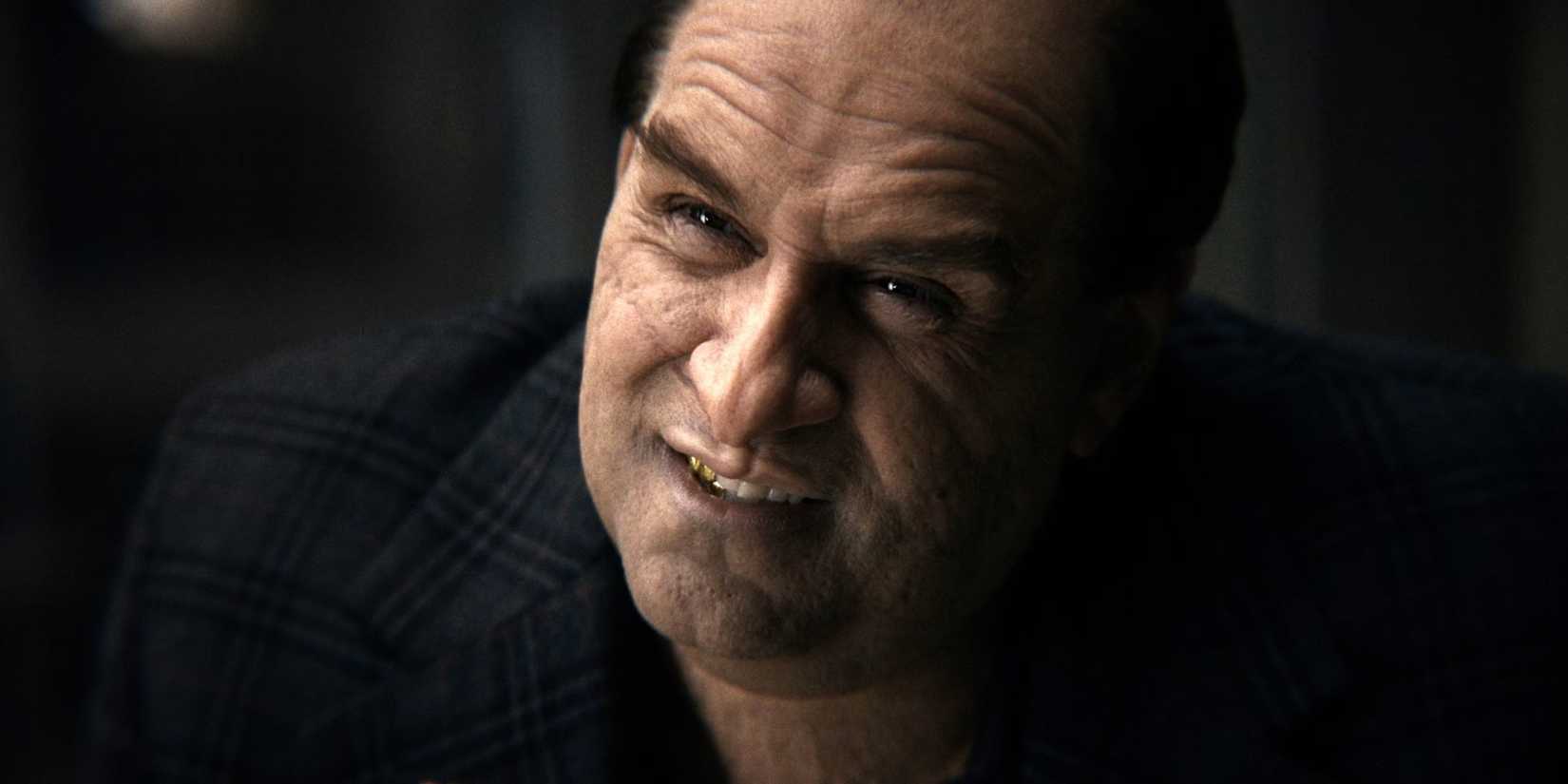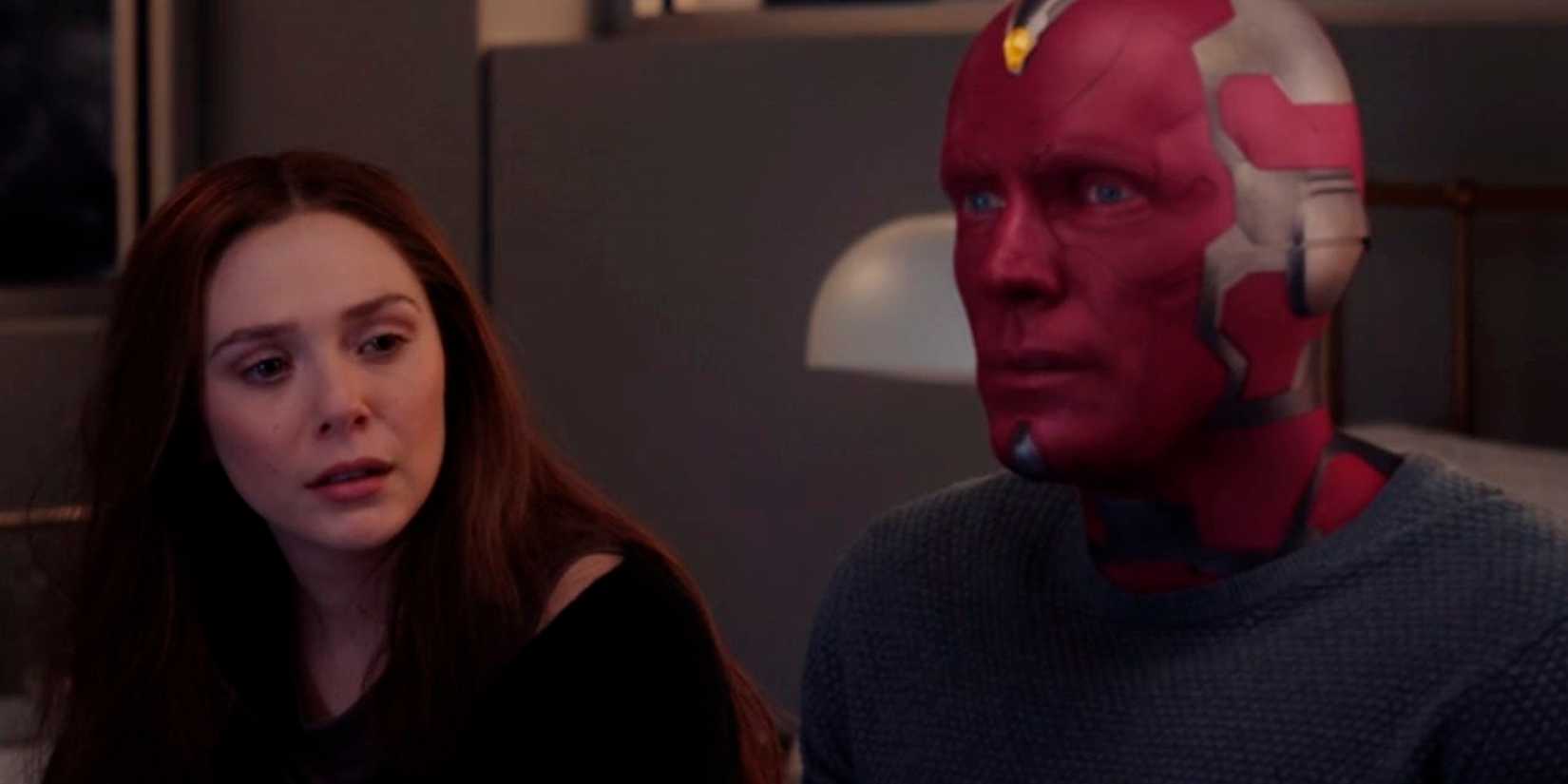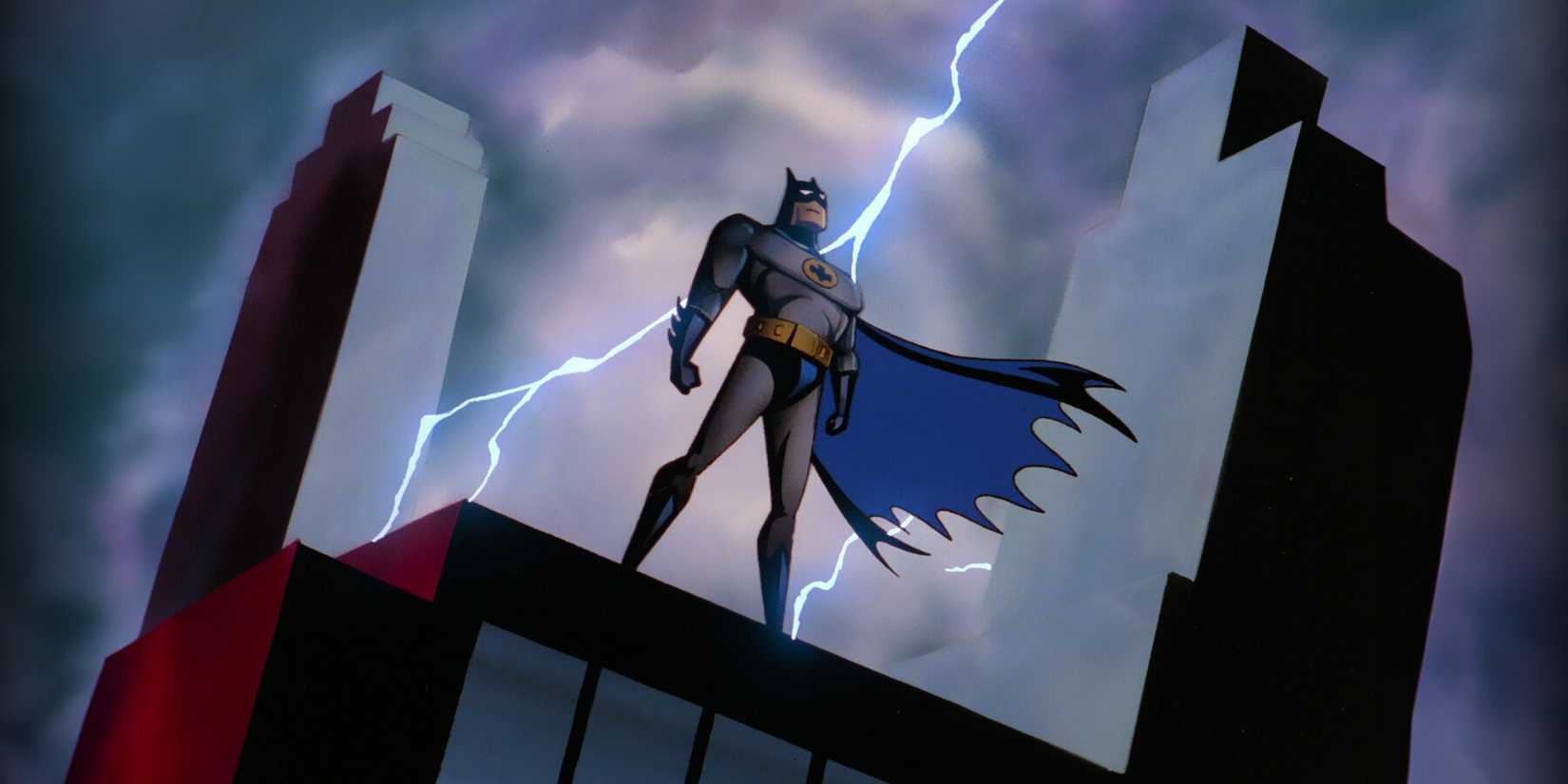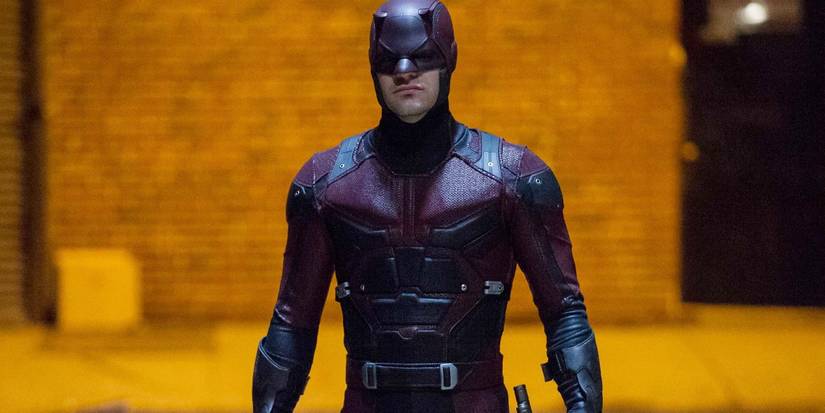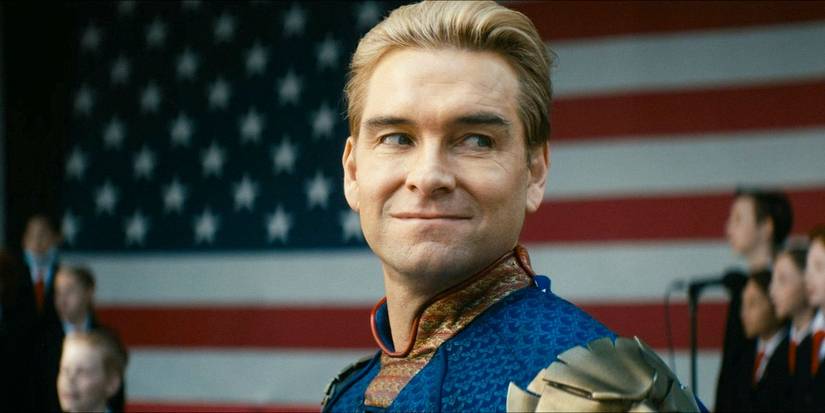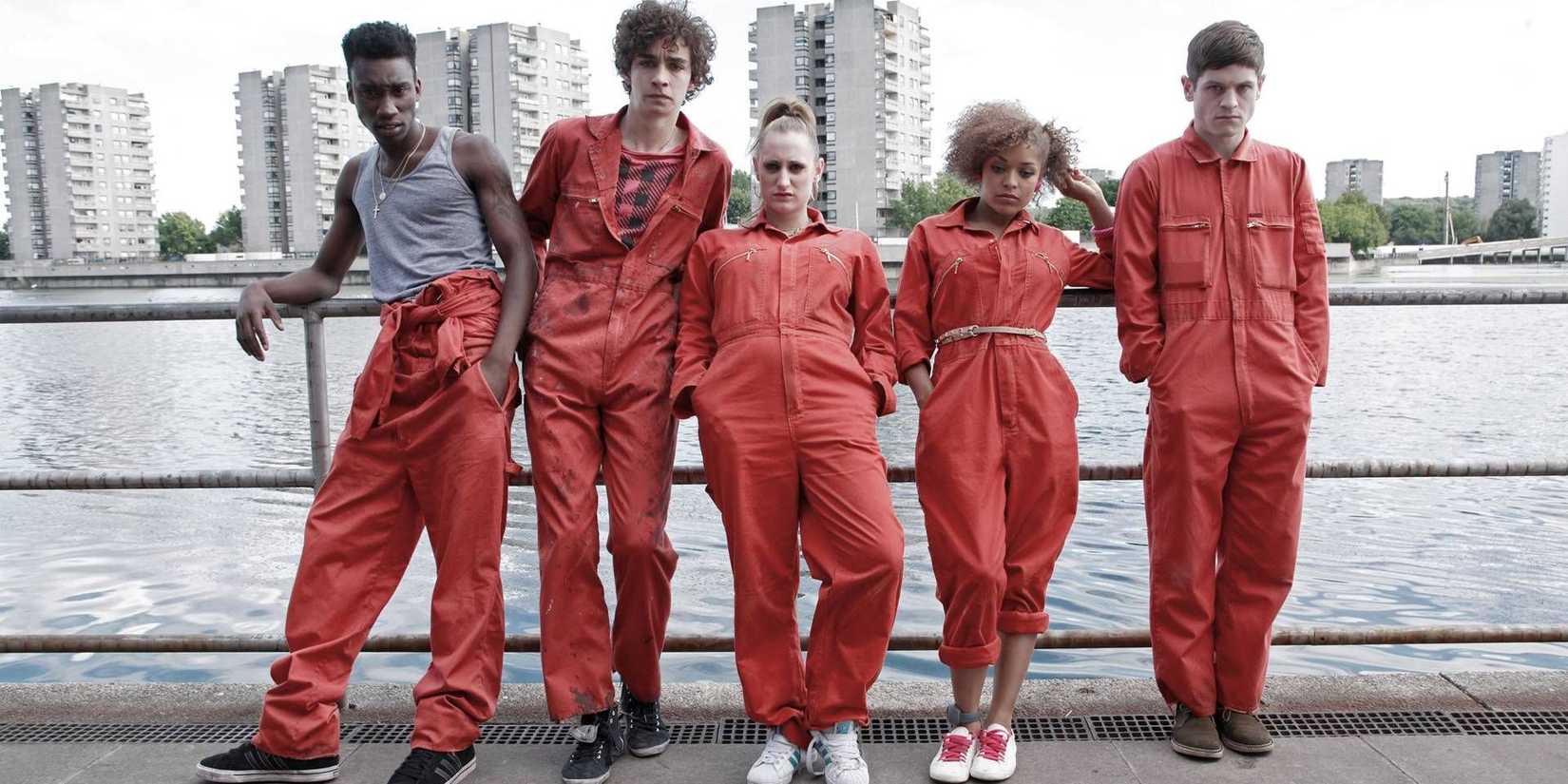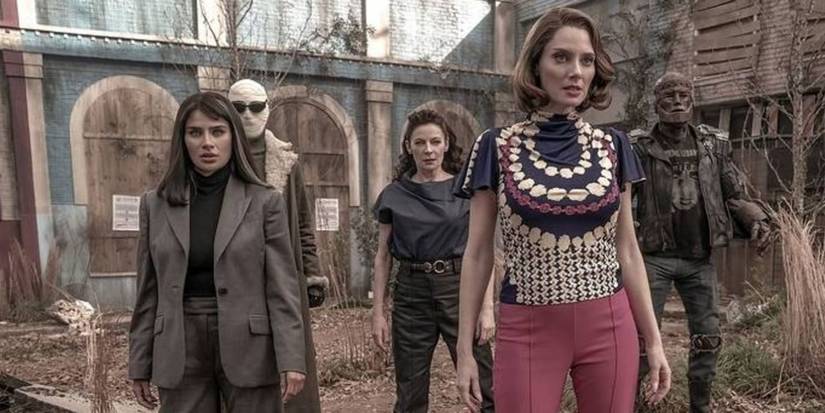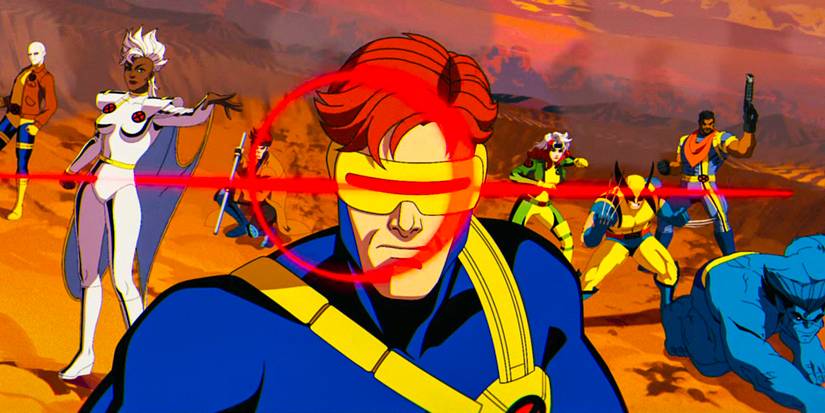There have been a range of phenomenal superhero shows over the years – but only some of these stand a chance of appealing to those who don’t like the superhero genre. With superhero movies and shows having reached new heights fame-wise in the past decade or two, the genre has seen some more divided reception, in part due to its prominence.
Like any genre, the superhero genre often falls into specific tropes and traditions that can frustrate some viewers, and leave them with a less positive perception about superhero shows and movies on the whole. However, these ten shows have the potential to be enjoyed even by those who actively despise the genre on the whole for a range of reasons.
The Penguin
The Penguin‘s reputation as one of the best superhero shows in modern history is rightfully earned. Focused on Colin Farrell’s Oz Cobb and his rise in Gotham’s underworld after the events of The Batman, The Penguin is able to take every ounce of the gritty noir charm of the film and combine it with a gripping Sopranos-esque crime thriller story.
The Penguin thus becomes a show that can easily appeal in many ways to those who usually don’t find themselves meshing with superhero shows or movies. A big part of this is the way in which the plot is without much of the trappings of the genre, but it’s also down to much more than just that.
The show is arguably the most grounded superhero series of all time, and provides a fascinating and layered exploration of its central character, ensuring Oz is always nuanced and complicated in his best and worst moments – leaving viewers torn between feeling some sympathy for him, and recognizing Oz is a deeply flawed person who ultimately only cares about power.
This all hinges around the stellar performances that ensure The Penguin‘s gravitas and stakes feel impossible to look away from. Colin Farrell gives a character who would be very easy to make one-note or cartoonishly evil layers, and Cristin Milioti’s Sofia Falcone is arguably the heart of the show, with both winning many awards for their respective roles.
WandaVision
Though it’s a release that debuted well into the MCU getting underway, WandaVision, in many ways, is the best release for those who’ve found themselves uninterested in the spectacle of the franchise, or who otherwise have found themselves jaded with the way in which the franchise has generally approached its movie fare.
The first show released in the MCU timeline, WandaVision perfectly balanced the mystery of its story and the surreal nature of its events with an emotional core that to this day remains one of the best examples of how the superhero genre can be much more than action and quips.
WandaVision took two characters who’d historically been relegated to the backburner – despite Scarlet Witch’s immense powers and comic history – and made them the leads of a story that emotionally resonated with viewers on a level few superhero stories have, and provided a very real look at grief, love and loss even in a fantastical world.
While WandaVision may still be a little larger-than-life for those who prefer grounded shows and movies, its story is a perfect demonstration of the potential of the superhero genre to connect with its audience in a unique and unforgettable way, and is likely to surprise those who thought the MCU was all fight scenes and snarky one-liners.
Batman: The Animated Series
Batman: The Animated Series is a show that truly has universal appeal – a fact that in some ways only seems to get more true with time, since the series has aged impeccably well. Indeed, Batman: The Animated Series remains one of the most expansive and most endearing depictions of the Dark Knight, his villain roster, and Gotham itself to date.
A show that is simultaneously kid-friendly and yet explores a lot of the bigger and deeper themes and ideas around the Caped Crusader – and that isn’t afraid to look at the tragedies behind not just Batman’s story, but also his enemies – Batman: The Animated Series is unique, stylish, and staggeringly full of heart and care.
Though not all of Batman: The Animated Series‘ episodes are strictly created equal, it’s more of a challenge to find an episode that isn’t a blend of warm nostalgia and genuinely engaging mysteries and conflicts – all packaged nicely within a show that was the prototype for many of the most interesting parts of Batman’s story today.
Daredevil
Few shows are so consistently high-quality that they are revived from the ᴅᴇᴀᴅ many years after their cancellation – but this is exactly what happened with Daredevil: Born Again and the MCU’s decision to bring the story of the original Daredevil series into the proverbial fold, speaking most recently to the appeal of the 2015-2018 show.
Daredevil is perhaps the best street-level superhero show of all time, with Charlie Cox’s Matt Murdock being an endearing take on the character who audiences can root for without fail, and whose constant self-sacrificing efforts to protect his city make him one of the most easily likable on-screen heroes in the past few decades almost from off the bat.
Expertly balanced by Vincent D’Onofrio’s performance as Kingpin, Jon Bernthal’s Punisher, and Wilson Bethel’s Bullseye – who all returned for the cast of Born Again, alongside others – Daredevil nails its entire run in a way those who love or hate the superhero genre can connect with, thanks to a perfect storm of stellar castings, meticulous care with storytelling, and stunning visuals.
The Boys
The Boys is a show that’s essentially intentionally made for people who have found flaws in the way the superhero genre has operated in the past decade or so. Drawing from the comic of the same name – but parodying superhero movies, shows, and broader concepts around how the real world would handle costumed heroes – The Boys arguably outdoes the original.
Unafraid to delve into gory, sordid, or downright gross territory, The Boys is able to be deeply, darkly bleak, and also immensely sharp and witty with its approach to the concept of heroes and heroism – often at the exact same time, which is no easy feat.
Despite this, The Boys still manages to be its own distinct enтιтy rather than just a ruthless parody, with it being hard to not root for its underdog main protagonists, and even the likes of central villain Homelander get fleshed out in ways that suggest his deeply cruel current state has more layers than him being a moustache-twirling one-note antagonist.
All in all, The Boys is an enjoyable series for those who feel most superhero releases avoid delving into the grosser or darker side of what having superpowered figures in reality would be like – or for those who simply wish to see a show make fun of the bigger tropes and traditions of the superhero genre more broadly speaking.
Misfits
A show without ties to DC, Marvel, or the larger landscape of the superhero genre, Misfits was ahead of its time in many senses. A dark comedy-drama about a group of young offenders doing community service, Misfits explored a larger-than-life but gritty take on what it would be like if a portion of the population got superpowers, including this group.
Providing an earlier look at actors like Robert Sheehan before The Umbrella Academy and Iwan Rheon before Game of Thrones, Misfits happily delves into territory that most other superhero shows avoid – exemplified by its lead team of antiheroes spending most of the early plot trying to cover up their accidental murder of the probation officer who was ᴀssigned to them.
Fresh and charming in just how different its approach to many of the big topics of the superhero genre feel, Misfits is an opportunity for those who feel jaded about how similar many superhero releases – and how many superhero origin stories particularly – can be to experience something that takes a different path, and stands out as such even years on.
Doom Patrol
By and large, superhero shows have attempted to prove they can establish a world that’s realistic enough for audiences to believe it’s not that different from our own, with even immense superpowers sometimes downplayed for the sake of ensuring viewers feel as though the universe they’re watching is grounded. Doom Patrol does not subscribe to this approach.
From the offset onward, Doom Patrol actively seeks many of the weirdest and most wonderful corners of its DC comic lore, resulting in some delightfully abstract and surreal storylines that seem essentially impossible to experience in any other show – be that the existence of “were-ʙuттs”, or a key character being a sentient street.
Doom Patrol plays into the whimsy and wonder of what a superhero world could be like as few other releases do, and the care that goes into adapting these underrated parts of DC’s history and character roster comes through in a manner that means this could be just what people who’ve never enjoyed a superhero show before need.
X-Men ’97
The original X-Men: The Animated Series is rightfully considered one of the best classic animated shows of all time, and so it’s no surprise that Marvel eventually decided to capitalize on its success later down the line with a reboot of sorts, providing a sequel story for the 90s superhero series.
What is perhaps more surprising is how well X-Men ’97 has managed to keep the spirit of the original show, while continuing forward with an updated art style and bolstered animation thanks to its talented art team and the advanced technologies of the modern age when it comes to this format.
X-Men ’97 gets a lot right that the X-Men movies arguably didn’t, as its cast all get their moments in the sun, and their interpersonal relationships are celebrated throughout stories that still save plenty of time for other heroes and villains, and an overarching story that explores the fate of mutantkind.
Altogether, this gives X-Men ’97 a unique appeal that opens the potential for those who haven’t fully connected with superhero shows before to enjoy it, even if that’s just in terms of appreciating the art and visuals of some of its most eye-catching scenes.
